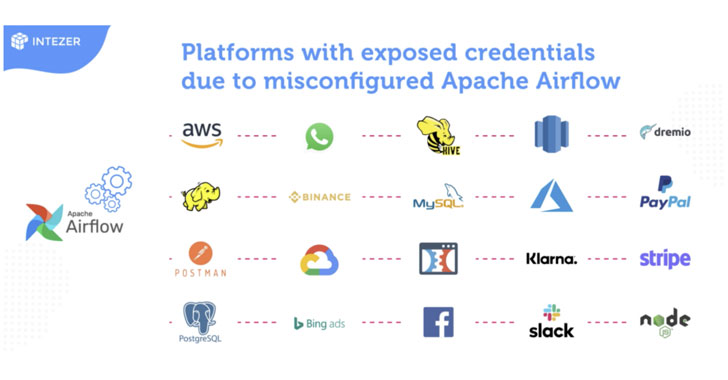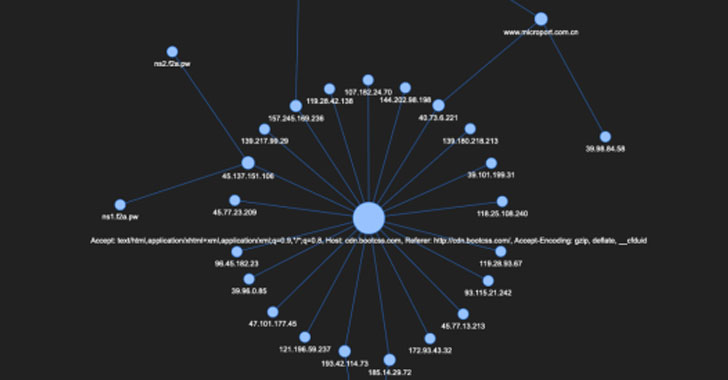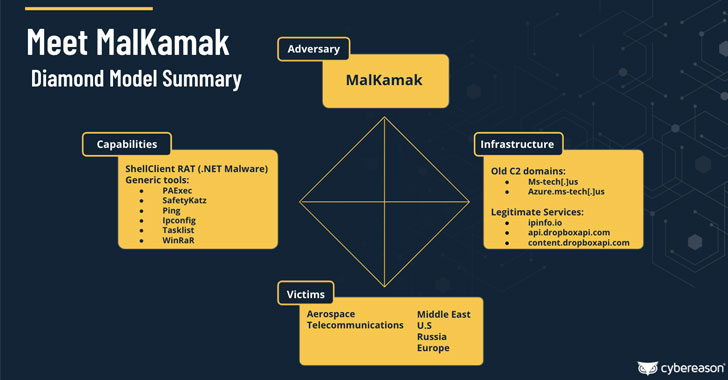
Kaspersky has played a significant role in combating cyber threats surrounding the 2024 Summer Olympic Games in France by sharing crucial threat intelligence data with INTERPOL. This contribution was part of Project Stadia, an initiative aimed at securing major international events from cybercrime, including sporting events, cultural gatherings, and other global activities.
During the 2024 Summer Olympics and Paralympics, Kaspersky experts focused on detecting and addressing various fraudulent schemes targeting unsuspecting fans. These schemes included phishing websites, social engineering scams, and deceptive online activities designed to steal money and personal information. Cybercriminals exploited the excitement around the Olympics by creating fake websites offering tickets, merchandise, and even Olympic medals. Additionally, more sophisticated tactics were used, such as luring users through fake event streams and WhatsApp messages offering extra mobile data, all of which resulted in financial losses and potential data breaches.
Kaspersky’s real-time threat intelligence sharing helped INTERPOL prevent and neutralize these cyber threats, safeguarding millions of spectators and participants during the Games. Their efforts uncovered multiple phishing scams and fraudulent platforms attempting to exploit the Olympics’ global audience.
The collaboration between Kaspersky and INTERPOL highlights the importance of public-private partnerships in tackling cybercrime on a large scale. By working closely with international law enforcement agencies, Kaspersky contributed to ensuring the security of the event, protecting both the public and critical infrastructures from cyber-attacks.
Kaspersky has a long-standing partnership with INTERPOL, contributing to global cybercrime investigations and raising awareness of cyber risks. This partnership also involves providing training and resources to law enforcement officials to better address the evolving landscape of cyber threats.
















